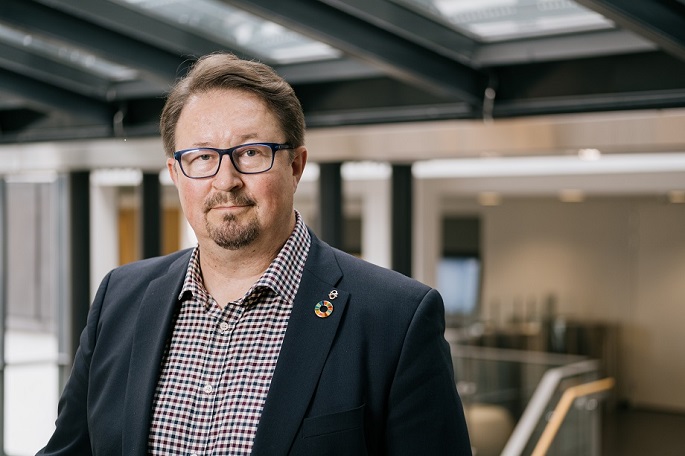Salminen for drugs policy overhauling
Published : 20 Sep 2022, 03:42
Updated : 20 Sep 2022, 03:45
Finland’s drugs policy needs a significant overhaul, said Mika Salminen, Director of the Finnish Institute for Health and Welfare (THL).
According to Salminen, Finland has had good experiences in past years of policies that do not approve of drugs but which also do not cause further harm to drug users and society as a whole, said THL in a press release on Monday.
Unfortunately, the latest information shows that Finland tops the list in the EU for drug-related deaths among young people under the age of 25.
“The increase in drug-related deaths among young people is a sign of the failure of drug policy and of society as a whole. This negative development must be reversed, and it will not happen by itself,” said Salminen.
Salminen believes that Finland is lagging behind many other countries in its drug-related measures. One positive sign, however, is that the Ministry of Social Affairs and Health updated its strategy on substance abuse and addiction in spring 2021, the previous version of which was already several decades old.
“A strategy on its own is not enough, however. We also need a concrete plan that lists new measures to prevent drug use and harm and defines who is responsible for implementing them,” Salminen added.
The ways of reducing drug-related harm listed by Salminen include low-threshold health advice clinics, special services for women and minorities, places to obtain clean drug-use equipment, drug consumption rooms, and the distribution of overdose medication and even substance identification to users and their families.
In addition, he stresses the importance of better care for those who are struggling with a double diagnosis.
“Substance abuse problems are very often related to mental health problems. It is often forgotten that many people with an addiction disease also have other diseases that cause great difficulties for life management.”
Salminen argues that drug use must be addressed primarily through social welfare and health care services.
“We must dare to give up on punishing people for drug use, because such actions do not prevent use, but instead only cause people to become even more marginalised. Official resources should instead be used to stop professional crime sales organisations,” he said.
Salminen emphasises that efforts must be made to prevent drug use and harm both now, as part of the health and social services reform, and also in future government programmes. The expertise of different organisations should also be better utilised in future.
“There is a risk that those suffering from substance abuse and addiction diseases will, as a challenging population group, get left behind in the ongoing social and health care reform. It already appears that thousands fewer clients were referred for treatment during the coronavirus years, although at the same time the indicators were showing a strong increase in drug use.”
According to Salminen, the discussion on intoxicants shows how Finnish society treats its extremely disadvantaged members.
“It seems that attitudes towards the disadvantaged have become harder. Reducing the stigma and discrimination associated with drug use would promote early intervention and self-initiated treatment. This would also be in line with human rights and our fundamental values,” he said.


